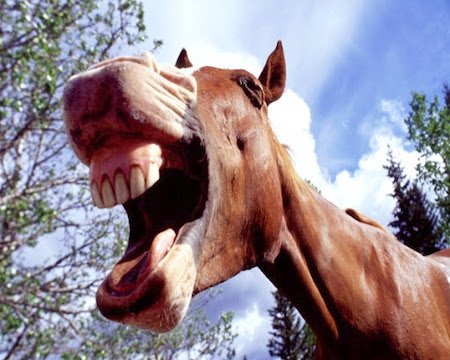After the announcement last week of “Plans to digitise historic Land Commission records”, a few people contacted me asking if I was going to blog about it. I resisted for a whole 48 hours.
First a little background. The Irish Land Commission was founded in 1881, initially to establish fair rents and then to subsidise tenants to buy out their holdings on the large estates that made up most of rural Ireland. In the thirty-five years before 1920, it oversaw the transfer of more than 13,500,000 acres. In the Free State it was reconstituted in 1923 and went on to acquire and distribute an additional 800,000 acres before it ceased acquiring land in 1983. To give some idea of the sheer scale of the work, that constitutes almost 70% of the entire area of the island of Ireland. In Northern Ireland the Commission ceased new operations in 1925 and was abolished as part of the local government reforms of 1935.
In the course of establishing title to the estates it was acquiring, the Commission collected an extraordinary cornucopia of material – wills, marriage settlements, title deeds, rentals, maps, pedigrees and more, often detailing families, their holdings and their tenants back to the seventeenth century. More detail here. And rant here.
In Northern Ireland its records are all sensibly conserved, archived and publicly available in PRONI. See their information leaflet.
And in the South? Nothing. The entire collection, now the property of the Dept of Agriculture, sits in a warehouse in Portlaoise under lock and key, harder to get at than the vaults of Fort Knox.
 If you read through the longer part of the announcement, which promises only to digitise the internal finding aids,you’re given the impression that the main obstacle to access is the lack of digitised versions of the 12 million records. Nonsense. The problem never was the lack of digital copies (wonderful though they would be). The problem was and is the lack of research access of any description, physical, spiritual, or digital.
If you read through the longer part of the announcement, which promises only to digitise the internal finding aids,you’re given the impression that the main obstacle to access is the lack of digitised versions of the 12 million records. Nonsense. The problem never was the lack of digital copies (wonderful though they would be). The problem was and is the lack of research access of any description, physical, spiritual, or digital.
I suspect what happened is that the Dept of Agriculture custodians of the records found their own research tools disintegrating, so decided to get them digitised. As part of the trade-off for funding they let the Minister have some nice PR attention by promising to put the finding aids online. Perhaps they also thought some movement on that front might deflect the pressure to allow research access. Boy, are they wrong on that one. If researchers can see precisely what it is they’re not being allowed to get at, a great howl of frustrated desire will arise across the land. At least I hope so.
But if you listen carefully to the video of the very decent official in charge, he says (at around 1’10”) – “We’re hoping to create a searchable database, ultimately to be able to put it online”. “Ultimately” being a technical civil-service term for “Never”.